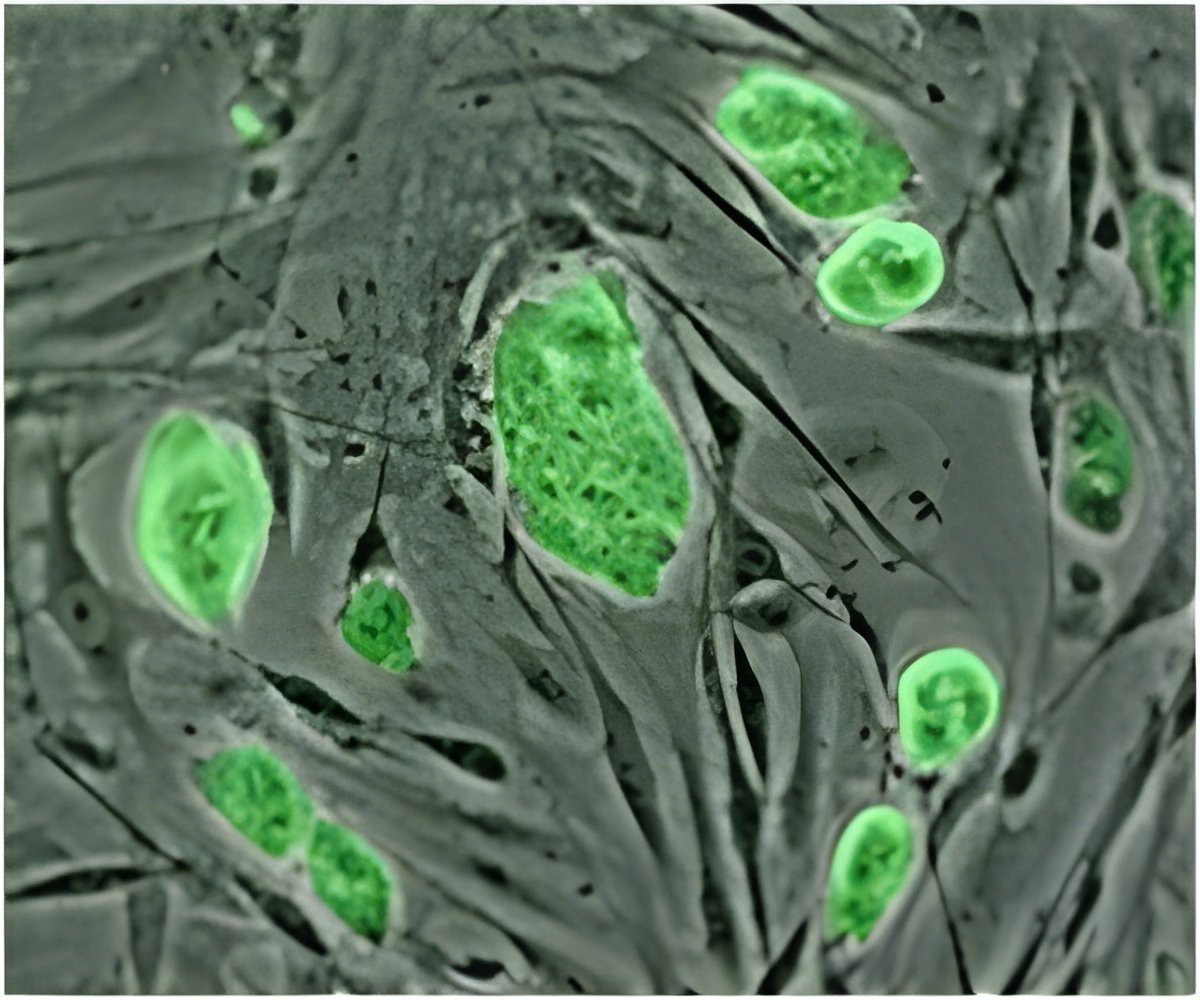
These "droplet networks" could be the building blocks of a new technology used to pass on drugs and, down the road, could even replace damaged tissue, said a statement from Oxford University, where the scientists are based. Their findings were published in Friday's issue of the US journal Science.
Since the so-called droplet networks are completely synthetic, don't have a genome and and don't replicate, they lack the problems linked with other methods of creating artificial tissues -- such as those using stem cells.
"We aren't trying to make materials that faithfully resemble tissues but rather structures that can carry out the functions of tissues," Hagan Bayley, a professor at Oxford's Chemistry Department who headed the research, said in a statement.
"The droplets can be printed with protein pores to form pathways through the network that mimic nerves and are able to transmit electrical signals from one side of a network to the other."
According to fellow Oxford scientist Gabriel Villar, "the printed structures could in principle employ much of the biological machinery that enables the sophisticated behavior of living cells and tissues."
Advertisement
This synthetic material can be designed to take on different shapes once printed.
Advertisement
As for the 3D printer used, it was custom built at Oxford.
In February, researchers said they had engineered artificial human ears that look and act like the real thing thanks to 3D printing.
Cornell biomedical engineers and Weill Cornell Medical College physicians said the flexible ears grew cartilage over three months to replace the collagen used to mold them.
Source-AFP








